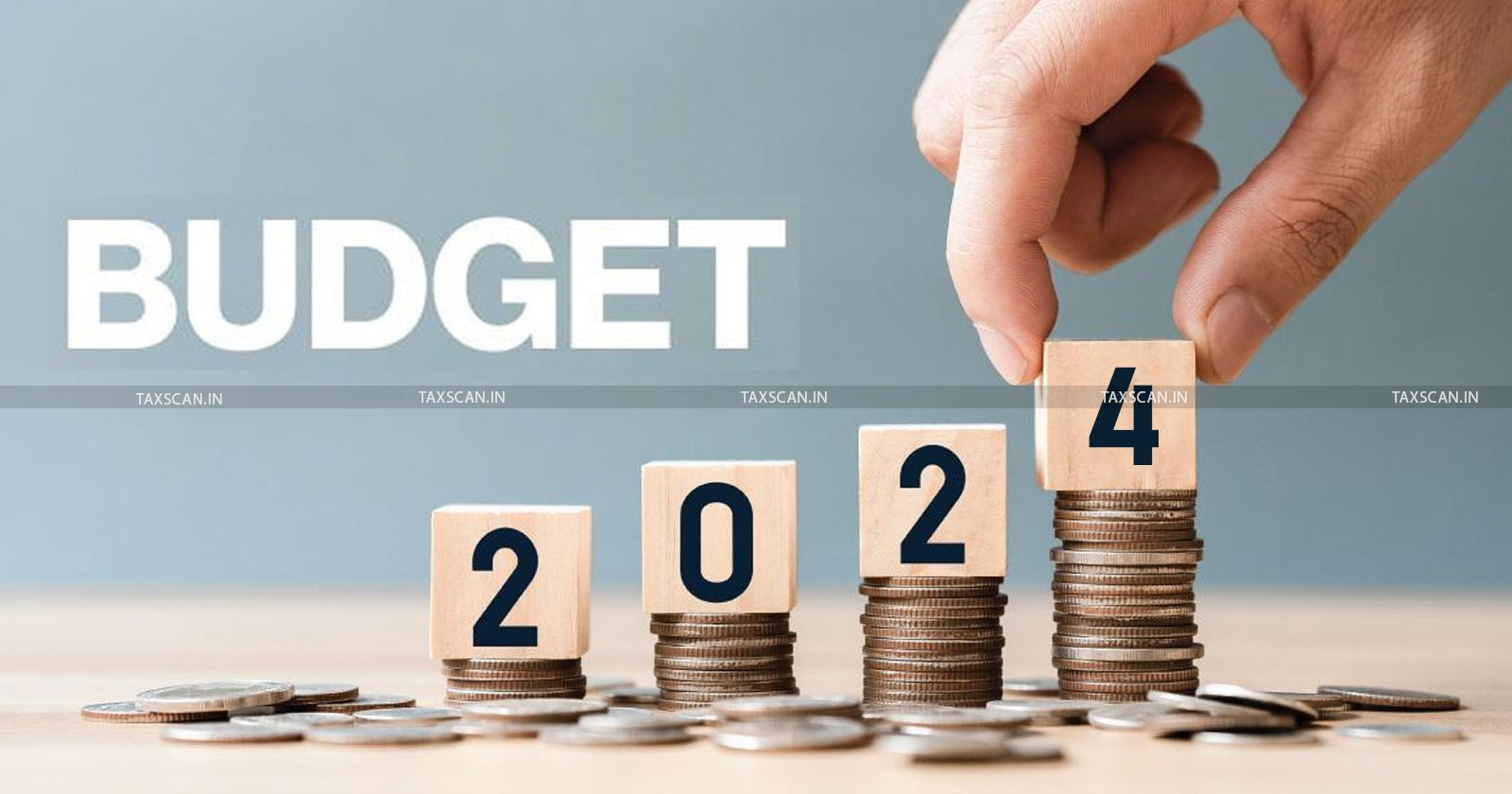Budget 2024: Income Tax Standard Deduction Expectations
Middle Class Anticipates Increase in Income Tax Standard Deduction Limit from Rs. 50,000/-

As the eagerly awaited Interim Budget 2024 approaches, middle-class taxpayers are hopeful for potential relief through income tax concessions. Finance Minister Nirmala Sitharaman's proposal on February 1, ahead of general elections, could significantly benefit the wallets of salaried individuals.
One key expectation is a potential increase in the standard deduction limit, currently set at Rs 50,000. But is there a compelling case for raising this limit?
A report highlights the necessity for a higher standard deduction to alleviate taxes for the middle and lower-income groups, especially those with limited investment options.
Understanding the concept of standard deduction:
The concept of standard deduction was introduced in India in 1974, reinstated in 2018 as part of broader tax reforms, replacing tax benefits for transport allowance and medical expenses reimbursement. It serves as a fixed deduction against taxable salary income for salaried individuals, eliminating the need for proof of actual expenses or investments.
Stagnation since 2019:
Since the last adjustment in 2019, the standard deduction has seen no revision, remaining at Rs 50,000.
In the February 2019 interim budget, the standard deduction limit was set at Rs 50,000, initially restricted to the old tax regime. However, a subsequent move in Budget 2023 extended this benefit to taxpayers choosing the new income tax regime.
The case for an increase – Why Rs 50,000 may be insufficient:
Several factors underscore the need for revising the standard deduction limit:
Rising inflation: With inflation increasing since 2019, the current standard deduction appears inadequate to cover the rising living costs for salaried individuals. Periodic revisions are necessary to account for these expenses, according to an Anand Rathi Advisors Limited report.
Equity in tax benefits: Raising the standard deduction aligns tax benefits for job earners with those deriving income from business or profession, who can claim deductions for related expenses.
Work-from-home dynamics: The lasting impact of the Covid-19 pandemic has made remote work a permanent fixture, leading to increased spending on home office infrastructure. A higher standard deduction would help offset these expenses.
Increase in indirect taxes: Raising standard deductions can lead to increased spending by salaried individuals, indirectly boosting government GST revenue.
Surge in medical bills: Since the tax benefit on medical expenses reimbursement was withdrawn with the introduction of the standard deduction, rising medical costs necessitate an increase in the deduction limit.
Furthermore, a higher standard deduction can incentivize more taxpayers to adopt the new income tax system, streamlining the process and making it more appealing.
Boosting the standard deduction injects spending power into the hands of taxpayers, particularly those with fixed incomes like pensions, potentially bolstering economic growth by supporting consumer spending.
Support our journalism by subscribing to Taxscan premium. Follow us on Telegram for quick updates


